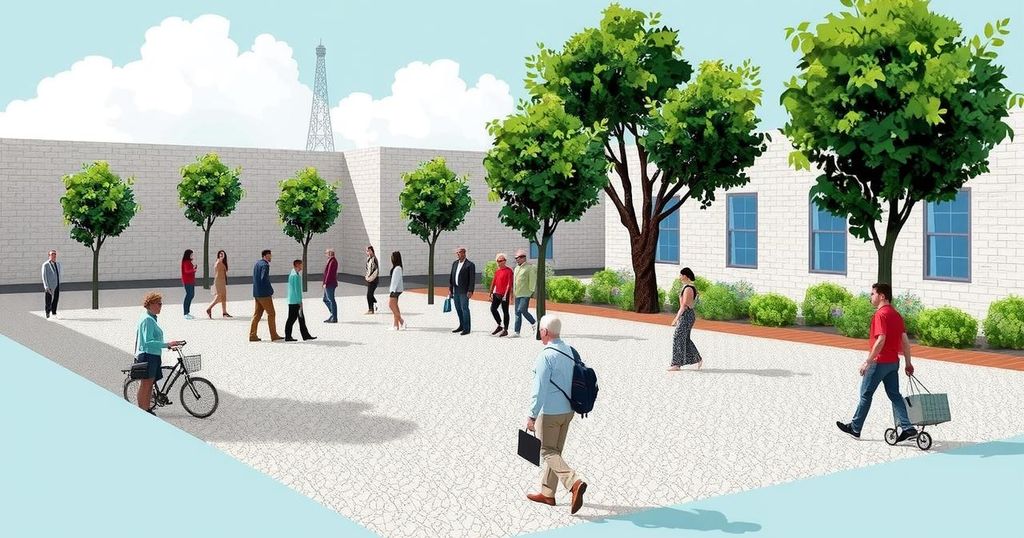COP29 in Azerbaijan ended with limited achievements on climate action while over 300 political prisoners remain detained, highlighting a crackdown on civic space. The government’s repressive measures have silenced dissent and limited civil society’s participation, seeking to prioritize fossil fuel interests over meaningful climate dialogue. Experts urge the UNFCCC to prevent future abuses of hosting powers and advocate for increased inclusion of environmental human rights defenders in climate negotiations.
COP29, the annual climate conference hosted in Azerbaijan, concluded with significant concerns regarding civic space restrictions and their implications on climate negotiations. Over the past year, Azerbaijan has seen a staggering 243% increase in political prisoners, with over 300 individuals currently detained due to their dissent against the government’s human rights abuses and environmental policies. Despite the pressing calls for greater climate finance and actionable plans to mitigate fossil fuel dependence, representatives from civil society and climate-vulnerable nations found themselves silenced amidst the government’s repressive actions.
The escalation in repression has raised alarms among human rights advocates, notably Florian Irminger, President of the Progress & Change Action Lab, who remarked on the unprecedented levels of repression not seen since the Soviet era. This environment has prevented meaningful civil society participation in the climate discourse. Past conferences have similarly seen authoritarian regimes, like those in Egypt and the UAE, prioritize fossil fuel interests over civic engagement, raising concerns as similar patterns emerge under Azerbaijan’s leadership of COP29.
The situation in Azerbaijan has been particularly precarious due to the small size of its civil society. Arrests of key figures have effectively stifled dissent, with the recent case of Anar Mammadli—a prominent advocate for democratic processes and human rights—exemplifying the ongoing persecution. His detention illustrates a systemic effort by the Azerbaijani government to intimidate and eliminate voices advocating for environmental and human rights, especially after protests against environmental degradation rocked the country.
Widespread criticism has emerged regarding the United Nations Framework Convention on Climate Change (UNFCCC), calling for stricter criteria for hosting future climate conferences to prevent further abuses of power. Experts are advocating for the inclusion of more environmental human rights defenders in climate negotiations, especially in upcoming conferences in Brazil and potentially Australia. Without prioritizing these crucial voices, the ongoing trend of sidelining civil society threatens to undermine global climate objectives, necessitating urgent action and redirection toward equitable and inclusive climate strategies.
The article discusses the growing restrictions on civic space in Azerbaijan in the lead-up to and during COP29, the annual United Nations climate conference. This repression has resulted in a significant number of political prisoners and silenced critical voices in civil society. The implications of Azerbaijan’s hosting the conference, amidst concerns about its human rights record and environmental advocacy, are examined in relation to previous conferences that similarly marginalized key stakeholders. The situation reflects a growing trend where authoritarian contexts undermine climate action by neglecting the participation of environmental human rights defenders that are crucial for achieving global climate goals.
The situation surrounding COP29 highlights the urgent need to reassess the criteria for hosting such significant climate negotiations. The evident repression of civic space in Azerbaijan poses serious threats to civil society participation, which is essential for meaningful climate action. The insights from this conference should compel the UNFCCC to enforce rigorous standards and ensure that future discussions actively include the voices of those who are vital to environmental justice and human rights. Failure to address these issues may significantly hinder progress toward international climate commitments.
Original Source: www.globalcitizen.org






